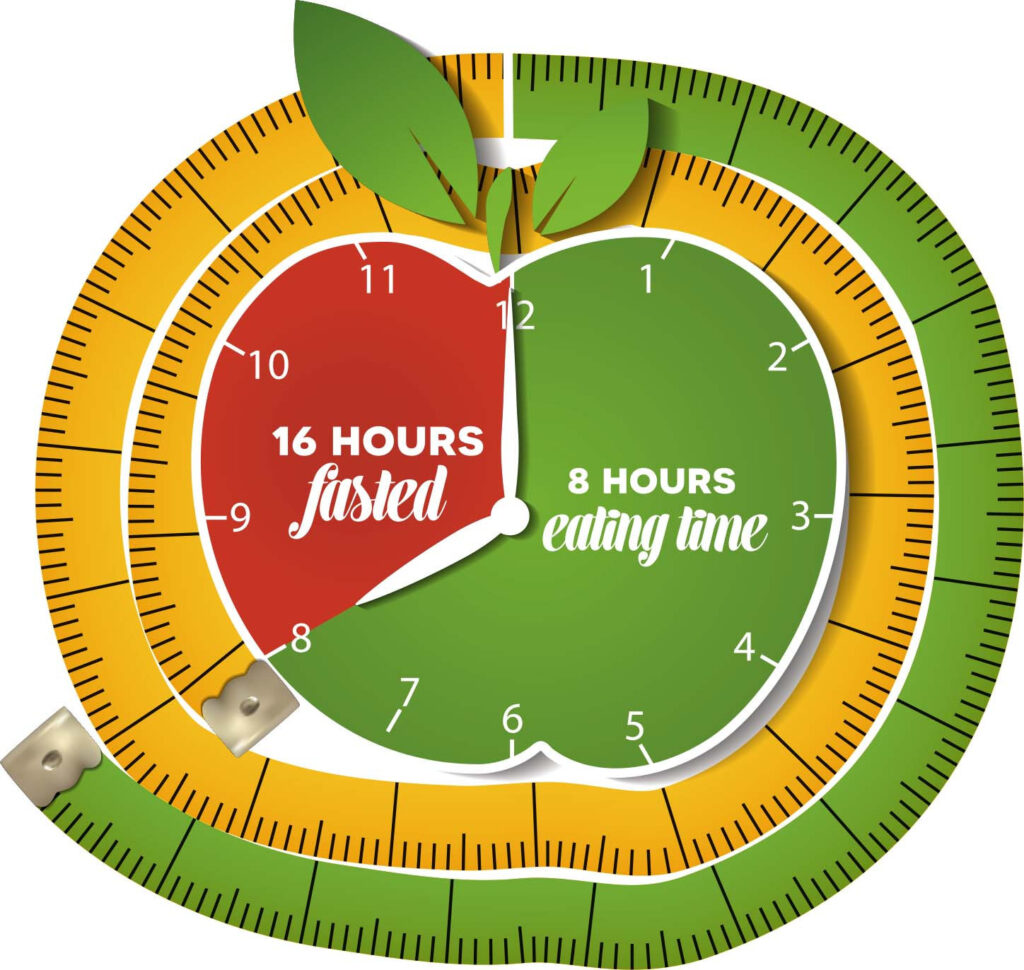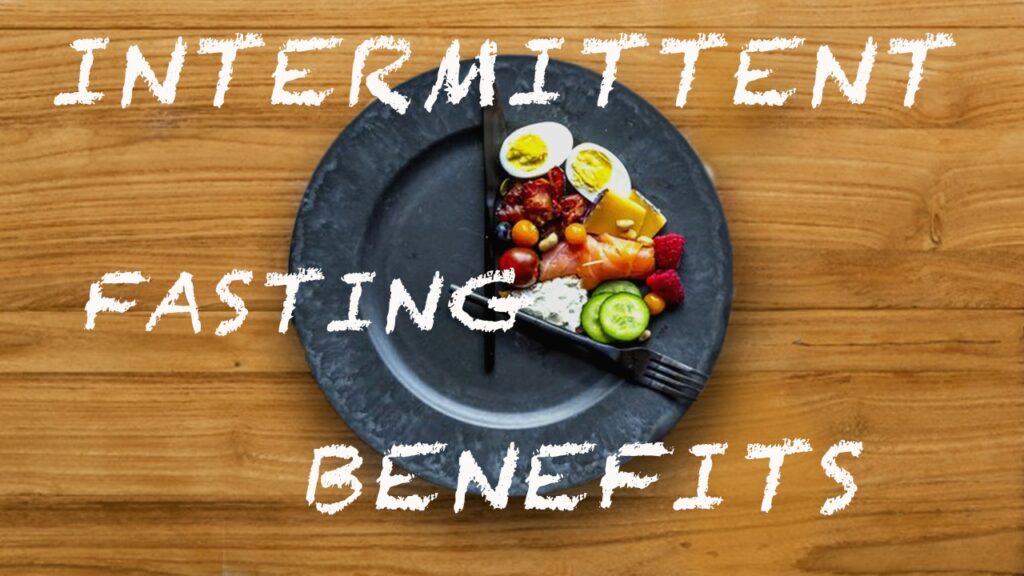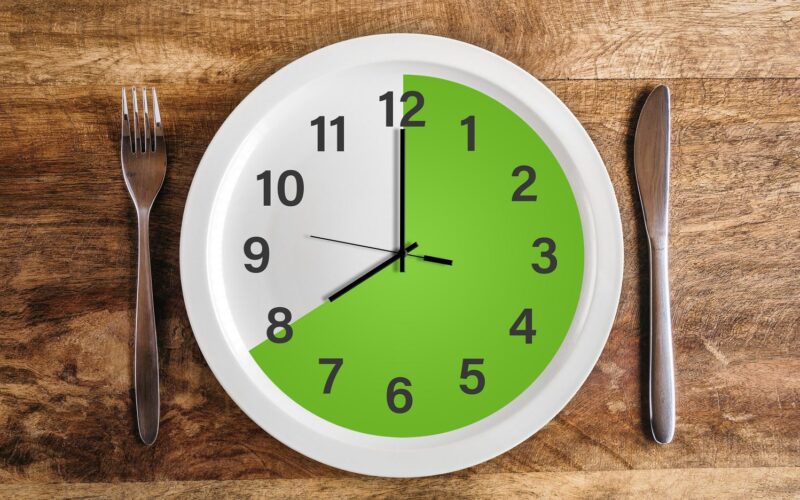The first time I got interested in intermittent fasting, it seemed impossible and unhealthy. But come to think of it, we fast through the night, on busy days when we have late meals we fast. The only difference is that this time you are being intentional with the aim of staying healthier.
If you are looking to start your journey on intermittent fasting, or you want to improve your techniques this article is for you. I tried to break it down into very simple steps and of course, with healthy tips on how you can go about it.
Key Takeaways
- Intermittent fasting entails completely or partially forgoing food for a predetermined period of time before resuming a regular eating schedule.
- Fasting for 10–16 hours can cause the body to turn its fat stores into energy, which releases ketones into the bloodstream. This should encourage weight loss.
- To gain the most from intermittent fasting, be sure to eat a variety of nutrient-dense whole foods during your eating window and limit ultra-processed foods i.e. junk and fast foods.
What Is Intermittent Fasting?

Intermittent fasting (IF) simply means eating and fasting patterns for a specific period of time. Intermittent fasting entails completely or partially forgoing food for a predetermined period of time before resuming a regular eating schedule.
There are no food specifications, diet, or calorie count. It’s all about when to eat rather than what to eat. It requires discipline and planning ahead of time. You can burn fat and control your weight by following a fasting method that suits you. Most intermittent fasting methods involve daily 16-hour twice per week.
You will explore other options and how to go about them below.
Beginners Guide on Intermittent Fasting

Here is a breakdown of how you can have a smooth journey on intermittent fasting. Before you start you need to understand how it works which will be followed by picking fasting methods that work for you.
How Does Intermittent Fasting Work?
Fasting for 16 hours sounds much right? It is absolutely more attainable than you think. Now, imagine you have an early dinner followed by a late breakfast the next day. If you finish your last meal at 8 pm and don’t eat until noon the next day, you’ve technically fasted for 16 hours.
A person needs to decide on and adhere to a 12-hour fasting window every day. Fasting for 10–16 hours can cause the body to turn its fat stores into energy, which releases ketones into the bloodstream. This should encourage weight loss.
Longer periods without food, such as 24, 36, 48, and 72-hour fasting periods, are not necessarily better for you and may be dangerous. Going too long without eating might actually encourage your body to start storing more fat in response to starvation. It can take two to four weeks before the body becomes accustomed to intermittent fasting. You might feel hungry or cranky while you’re getting used to the new routine. However, those who make it through the adjustment period tend to stick with the plan because they notice they feel better.
Intermittent Fasting Schedules and Methods

If you are a beginner or you want to explore what intermittent fasting method works for you better. There are several ways of practicing intermittent fasting; it may be worthwhile to explore to determine which one is most effective for you. You either eat very little or nothing at all during the fasting times.
The most common techniques are as follows:
The 16:8 Method
The Leangains strategy is often called. Often known as skipping breakfast, calls for limiting your daily eating window to eight hours, such as from 1 to 9 p.m. After that, you observe a 16-hour fast. For instance, you fast for 16 hours before eating within an 8-hour window. This may entail skipping breakfast and eating only lunch and dinner for some people, while skipping dinner for others may be preferable.
A weekly 24-hour Fast
It is also known as Eat-Stop-Eat. This entails a once- or twice-weekly 24-hour fast. A way this can be achieved is by going without having dinner today until dinner tomorrow.
If you are on this fasting method, you can have water and drinks with zero calories during the fasting period.
On the non-fasting days, Eating in this manner reduces a person’s total calorie intake However, you are not limited to consuming specific foods. A 24-hour fasting method is no doubt challenging, you might feel fatigued although your body will adjust to the pattern with time.
The 5:2 Diet
In this method, you can go ahead with your usual diet for five days a week, but on two days you reduce your calorie intake by consuming 500-600 calories a day. It is important that those 2 days can be non-consecutive. I strongly advise that there should be at least one non-fasting day in between your fasting days.
Some research shows that during fasting days, it is normal for men (600 calories) to consume more calories than women (500 calories).
Alternative Day Fasting
This involves alternating between days in which you don’t take any calories and days in which you eat normally. There are varieties of ways to do the alternate day fast. There is an option of avoiding solid foods on your fasting days or skipping a meal in a day, while others have a calorie limit of 500 on fasting days. It depends on what suits you.
OMAD (One meal a day)
This simply means eating only one meal a day. You should know that there should be no snacking. All your calories should come from that meal. And please don’t try to overcompensate by overeating.
All of these strategies should help you lose weight by lowering your caloric intake, so long as you don’t try to overcompensate yourself by eating more when you’re not fasting.
The 16:8 approach is usually seen as the simplest, most enduring, and most doable. It is also the most appreciated.
What to Eat and Drink During Your Fasting Period
If you decide to try intermittent fasting, remember that just like with any eating pattern, diet quality is key.
To gain the most from intermittent fasting, be sure to eat a variety of nutrient-dense whole foods during your eating window and limit ultra-processed foods i.e. junk and fast foods. You should zero-calorie drinks like green tea, coffee, and water.
Benefits of Intermittent Fasting

Intermittent fasting, if done right, has been proven to have many health benefits and it’s not just weight loss.
Weight Loss
Intermittent fasting can be a weight loss method for overweight or obese individuals. When the diet is carried out properly IF can be just as successful as standard caloric restriction. Some people, especially those who are busy and don’t have time to prepare meals, may even find it simpler to stick to a time-restricted diet than a keto diet.
A Lower Risk of Type 2 Diabetes
I mentioned earlier how intermittent fasting lowers insulin resistance. This means that it helps to lower blood sugar levels thereby protecting against type 2 diabetes.
However, it is safe to say intermittent fasting can be protective for people who are at risk of developing type 2 diabetes.
Reduces Risk of Cancer
Cancer basically is about the uncontrolled growth of cells. Generally, fasting has proven to help improve metabolism which in turn may reduce the risk of cancer. In addition, some evidence has shown that IF fasting reduces the side effects of chemotherapy.
Improved Heart Health
Intermittent fasting has a chance of reducing heart diseases, unneeded LDL cholesterol, insulin resistance, inflammatory markers, blood sugar, and blood triglycerides disease. When insulin levels fall, it reduces the risk of dangerous cardiovascular events.
Improved Brain Health
Intermittent fasting may increase and may aid the growth of new nerve cells. IF has the chance of increasing the brain hormone BDNF, mental acuity, and concentration. Research shows that it protects the brain against Alzheimer’s disease.
Intermittent Fasting Makes Your Day Simpler
Personally, I love anything that helps me ease stress. Intermittent fasting has proven to help with that. It provides simplicity to life in general. It helps you feel light and makes you worry less about what to eat on your fasting days. This is usually the case if your body has already adjusted to intermittent fasting.
Intermittent Fasting Is Much Easier Than Dieting
Most times people who depend on only a diet to lose weight might find it difficult to stay consistent over time. It’s easier to implement IF because you can remain consistent as much as you want and you can always change patterns to make it more interesting.
Other Intermittent fasting benefits include;
- Reduced risk of cancer
- Improves clear skin
- Repairing damaged cells
- Can reduce oxidative stress and inflammation in the body
What to Expect as a Beginner
Intermittent fasting can have side effects like hunger, headaches, and fatigue. The combination of low blood sugar levels from fasting and the stress of adjusting to a new routine could affect your mood and mental health too.
Intermittent Fasting Beginners Tips

The following tips may help you stay consistent and on the right track. It also helps you to maximize the benefits of intermittent fasting;
- Stay hydrated! You can take a lot of water or take zero calorie drink during your fasting window.
- Reduce carbohydrate intake so your body can easily burn already stored fat.
- Fasting is not suitable for; people with a history of eating disorders, pregnant or breastfeeding women; or anybody under 18.
- Avoid stressful activities on fasting days. You can engage in light exercise, meditation, or yoga. Prioritize rest and relaxation on your fasting days.
- Make every calorie count. This can be achieved by eating foods with a lot of nutrients. I recommend food that is rich in fibre, vitamins and protein. For instance; Avocado, eggs, fish, nuts etc.
- You can eat reach foods that are low in calories and rich in nutrients. Some of these foods include popcorn, fruits with high water content, and raw vegetables. This can help you stay healthy while losing weight.
*Please note*! Intermittent fasting is generally considered safe. However, before starting any dietary change please consult your doctor and make sure it’s okay for your body system; Especially if you’re diabetic, a child/adolescent, people who are pregnant or breastfeeding, people with a history of eating disorders, hypertensive or you’re on any type of medication. Intermittent fasting is a weight loss tool that works for some people, but not everyone.
Is It Better to Fast for 12 or 16 Hours?
According to studies, persons who fast for more than 16 or 18 hours each day are more likely to develop gallstones. They are also more likely to require surgery to remove their gallbladder. Most people are likely to be safe eating for 12 hours and then fasting for 12.
What Happens After One Month of Intermittent Fasting?
A month of consistent 16:8 intermittent fasting should result in a 2-5% weight loss. A safe rate of weight loss is normally around 1-2 pounds per week, so establish a weekly weighing routine. The best time to do this is in the morning after you have used the restroom.
Does Sleeping Count as Fasting?
Fasting is the practice of abstaining from food, so it makes no difference what you’re doing as long as you don’t eat. Even if you spend most of your fasting period sleeping, you can still reap the benefits.
Conclusion
Remember that as an individual you will have to find out what works for you better. It might not be easy at first and self-doubt might set in but with determination and consistency, you will get beautiful and amazing results from intermittent fasting.
You can send us a mail if you want to have a personal consultation with our fitness coach.
Related Articles
- What Is the Impact of Nutrition on Mental Health
- Side Effects of Smoking Dabs
- How Exercise Improves Mental Health + Free PDF






